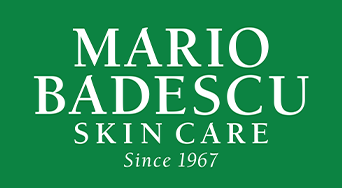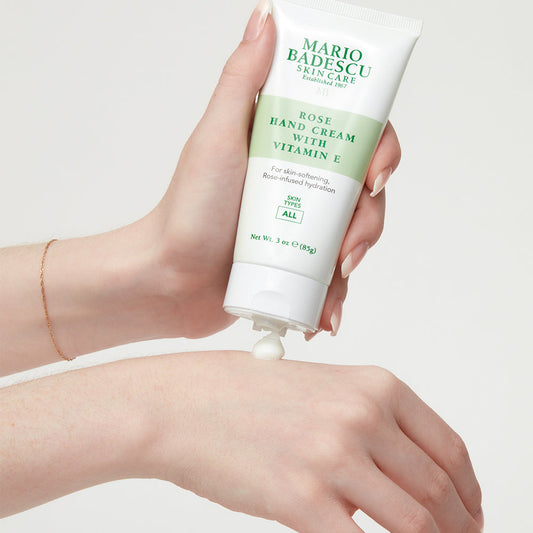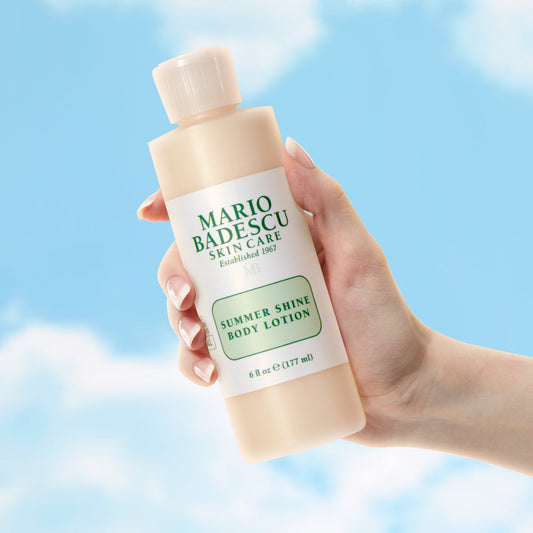Peri-menopause, menopause, post-menopause, oh my! Whether you’re just at the very beginning or well into it, change is a-comin’. It’s more than just losing your monthly cycle: it’s a whole-body change, and that means your skin is in for an overhaul.
The first signs of menopause begin with the infamous hot flashes and menopausal flushing, then progress further with a whole host of symptoms. Redness and dryness are often hallmarks of menopause-induced change, but women have been known to experience a range of skin problems from dry, itchy skin and thin, rosacea-prone skin to oily skin or breakouts. The silver lining? You’re not alone. Every woman goes through the process - as will your male counterparts. (They just call it andropause.)
It’s the hormonal shifts during menopause that wreak havoc on your skin. These are tough times – perhaps second only to the skin woes of puberty – and tough times call for… You guessed it. Good skincare. (And a glass of wine or cup of green tea. Whatever’s chock full of antioxidant flavonoids and suits your fancy.)
Why It Happens: There are more estrogen receptors on the face than elsewhere on the body; thus, the impact of menopause on skin is magnified. Estrogen stimulates the formation of collagen, so as production begins to slow in your early 40s to late 50s, the formation of fine lines and wrinkles grow apparent as skin experiences dryness, itchiness, and a host of other issues. For others, the hormone imbalance temporarily kicks their oil production into high gear and leads to breakouts. This skin instability will eventually subside. Post-menopausal skin will return some form of normalcy, but do be aware that it usually becomes drier and more sensitive than your pre-menopause skin.
What Happens: With estrogen levels lowering, your skin will experience… - Reduced collagen production. - Loss of elasticity. - Fine lines, wrinkles, sagging, and other visible signs of aging. - Thinning of skin. - Dryness, itchiness, and tightness. - Temporary flushing and/or rosacea-like symptoms.
How to Prevent & Combat Menopausal Changes: You can’t prevent menopause from happening, period. What you can do, however, is prevent the severity of the skin problems that come before, during, and may remain permanently after menopause. For skin that looks fresh and youthful even during this crazy bout…
- Wear sunscreen daily. Every day, 365 days a year, seven days a week, regardless of weather. Sun damage is the number one cause that attributes to and catalyzes the formation of fine lines, wrinkles, and age spots, so be sure to keep skin in tip-top condition by protecting it.
- Exfoliate using AHAs. Alpha Hydroxy Acids like Glycolic Acid or any fresh fruit extracts are fantastic alternatives to your traditional, granular scrub. These chemical exfoliants are far gentler on sensitive , mature skin, but are just as effective in polishing away the surface to reveal a brighter, smoother, more youthful-looking complexion. Plus, exfoliating better preps the skin for absorption of any anti-aging product applied afterwards.
- Moisturize well. Moisturizing is paramount for keeping menopausal skin hydrated and nourished, thus giving the skin a smoother, plumper appearance. It can also prevent or help soothe any itchiness or discomfort that comes with dry, flaky skin.
- Establish and follow your anti-aging regimen religiously. Make sure product is rich with anti-aging and antioxidant ingredients such as Vitamin C, Peptides, Hyaluronic Acid, and Collagen.
- Drink plenty of water. Water is one of the easiest ways to ensure that your skin is well hydrated, instantly giving you a boost in your complexion. In addition, water helps reduce inflammation by flushing out any toxins from the body.
- Stop taking hot showers. Hot water is incredibly harsh and drying on the skin and will inevitably exacerbate any dryness, flakiness, and itchy discomfort. Instead, stick to cool or lukewarm baths.
How hot showers can destroy your skin>
- Be active. A little bit of cardiovascular activity keeps the blood pumping, which in turn, increases the amount of oxygen and nutrients that gets delivered to the skin. The result? A healthy flush of color and a little encouragement in collagen production, too.*
- Eat healthily. Focus on an antioxidant-rich diet (especially with foods high in Vitamin C, an essential component for collagen synthesis) and essential fatty acids like omega-3. Found in fortified eggs and salmon, omega-3 fatty acids help produce the skin’s oil barrier which is crucial in keeping skin hydrated and looking youthful. It’s the lack of omega-3s that often leads to acne, dryness, and itchiness.
*Always consult a doctor when making changes to your diet or fitness routine.




